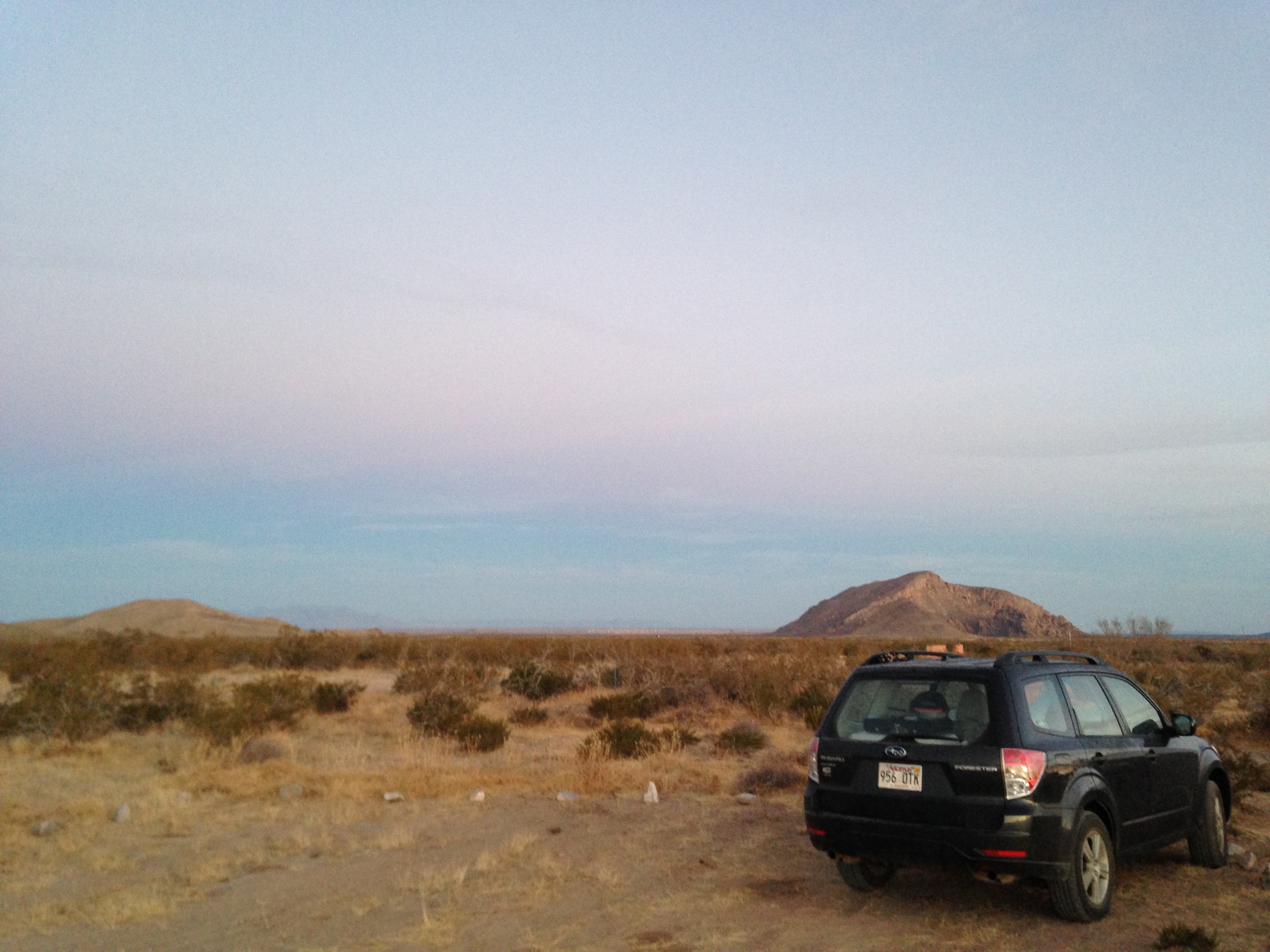

Everybody knows that you shouldn't drive if you've been drinking. Drinking alcohol slows your reflexes, distorts your vision, and leads to bad decisions. Since having quick reflexes, good vision, and sound judgment are fundamental to good driving, it's obvious that driving drunk is irresponsible and should never be done. It's well accepted that drunk driving is bad, but what about driving tired?
Driving while you're exhausted can be extremely dangerous. Just like alcohol, sleep deprivation causes your reflexes to slow down and your vision to distort. It also lowers your ability to make good decisions. Driving tired presents the added risk of falling asleep behind the wheel.
A survey conducted by the National Sleep Foundation reported that 60% of drivers in America admitted to driving while feeling tired within the past year, and one out of three U.S. drivers have fallen asleep at the wheel. Four percent, which is nearly eleven million drivers, have been in an accident or narrowly missed an accident because they nodded off or were too drowsy to drive.
One of the issues with tired driving is that there is no way to discourage people form doing it. Driving while intoxicated is illegal and there are repercussions for doing so. However, there's no test to tell if someone is too tired to drive, and it's not even illegal in the first place. This makes it seems like driving tired is less dangerous or less irresponsible than driving after drinking alcohol, but in many cases driving drowsy can be equally as dangerous and irresponsible.
If you feel like you're too tired to be driving, you probably are.
Here are some tips to prevent falling asleep behind the wheel:
- If you know you will be driving late, get plenty of sleep the night before
- Have a travel buddy who can split the driving and talk with you
- If you start to get sleepy, pull over and drink some coffee and do some jumping jacks
- If you’re dozing off, just pull over and take a nap. It’s better to get to work late the next day than not get there at all.
Categories:
News





